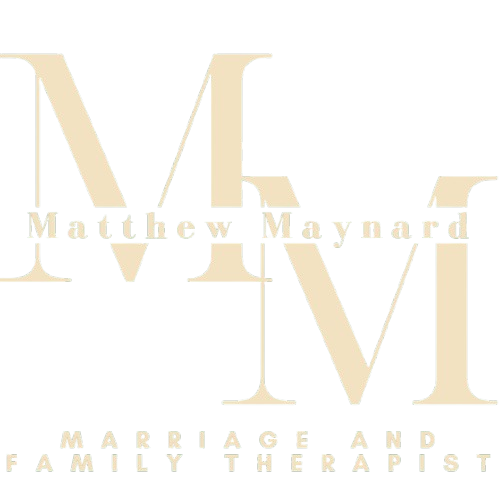
Top 5 Mistakes People Make When Choosing a Therapist
And when it might be time to break up with one.
Most people assume that all therapists are basically the same—trained to help with any and all emotional struggles. But here’s the truth: not all therapists are created equal.
Would you go to a foot doctor for back pain? No. But somehow, people believe any therapist can handle any problem. Spoiler alert: they can’t.
1. The Different ‘Flavors’ of Therapists (And Why It Matters)
Therapists come with different backgrounds, training, and approaches. Picking the wrong one can leave you stuck, frustrated, and wondering why therapy isn’t working. Here’s a quick breakdown:
Psychiatrists – Medically trained, primarily focused on prescribing medications. (Think: brain chemistry, not deep therapy work.)
Psychologists – Often specialize in testing (ADHD, IQ, personality assessments), with some providing talk therapy.
LCSWs (Licensed Clinical Social Workers) – Broad training in mental health, but their approach depends on their focus in school and clinical training.
LPNs (Licensed Practical Nurses) – Medically focused, but in some states, they can practice therapy. (Yes, really.)
LMFTs (Licensed Marriage and Family Therapists) – Specialists in systems theory, trained to see how relationships impact mental health. (Hint: This is what I do.)
The Therapy Mistakes That Keep People Stuck
Most people choose a therapist based on vibes alone. While feeling understood is important, therapy isn’t just about validation—it’s about transformation. Here’s where most people go wrong:
2. Choosing a Therapist Who Can’t Balance Empathy and Action
Many assume that a “great therapist” is just someone who listens, nods sympathetically, and validates their feelings. Wrong. A great therapist gives support, yes, but also pushes for real-life changes that make a difference outside the therapy room.
My approach? Emotionally connective coaching. I don’t just listen—I work with you to create actionable strategies that move you forward.
3. Choosing a Therapist Who Ignores the Bigger Picture
Most therapists only focus on you—your thoughts, your emotions, your experiences. But here’s the issue: you don’t exist in isolation. Your relationships shape you, and your struggles often involve other people in your life (whether you realize it or not).
A good therapist should help you create changes that work in the real world—not just in your head. I help clients brainstorm, reality-test, and strategize changes that improve not just their mental health, but their relationships, careers, and overall well-being.
4. Choosing a Therapist Who Lacks Energy & Passion
Therapists set the emotional tone for change. If your therapist sounds like they’re reading from a phone book, how excited are you going to feel about changing your life? Energy and enthusiasm aren’t just nice-to-haves—they’re essential.
My sessions are engaging, direct, and high-energy. Change happens when emotions are activated, and I use emotional intelligence to help you get unstuck and into action.
5. Choosing a Therapist Who Won’t Push You Outside Your Comfort Zone
Therapy isn’t just about talking—it’s about doing. If you never step outside your comfort zone, nothing in your life will change. A great therapist challenges you in ways that feel empowering, not overwhelming.
My focus? Breaking repetitive, self-defeating patterns and pushing past emotional roadblocks. You don’t come to therapy to stay the same—you come to evolve.

